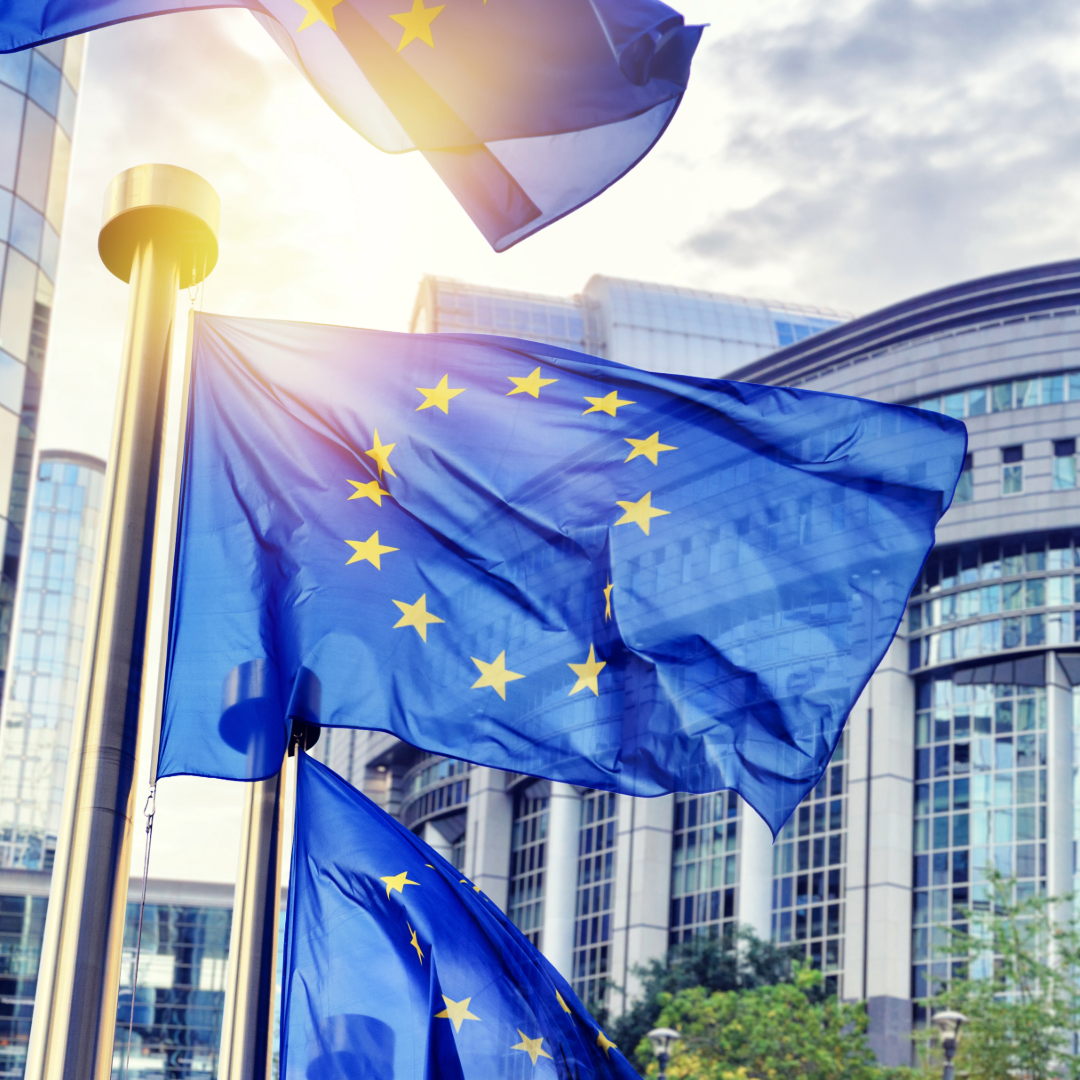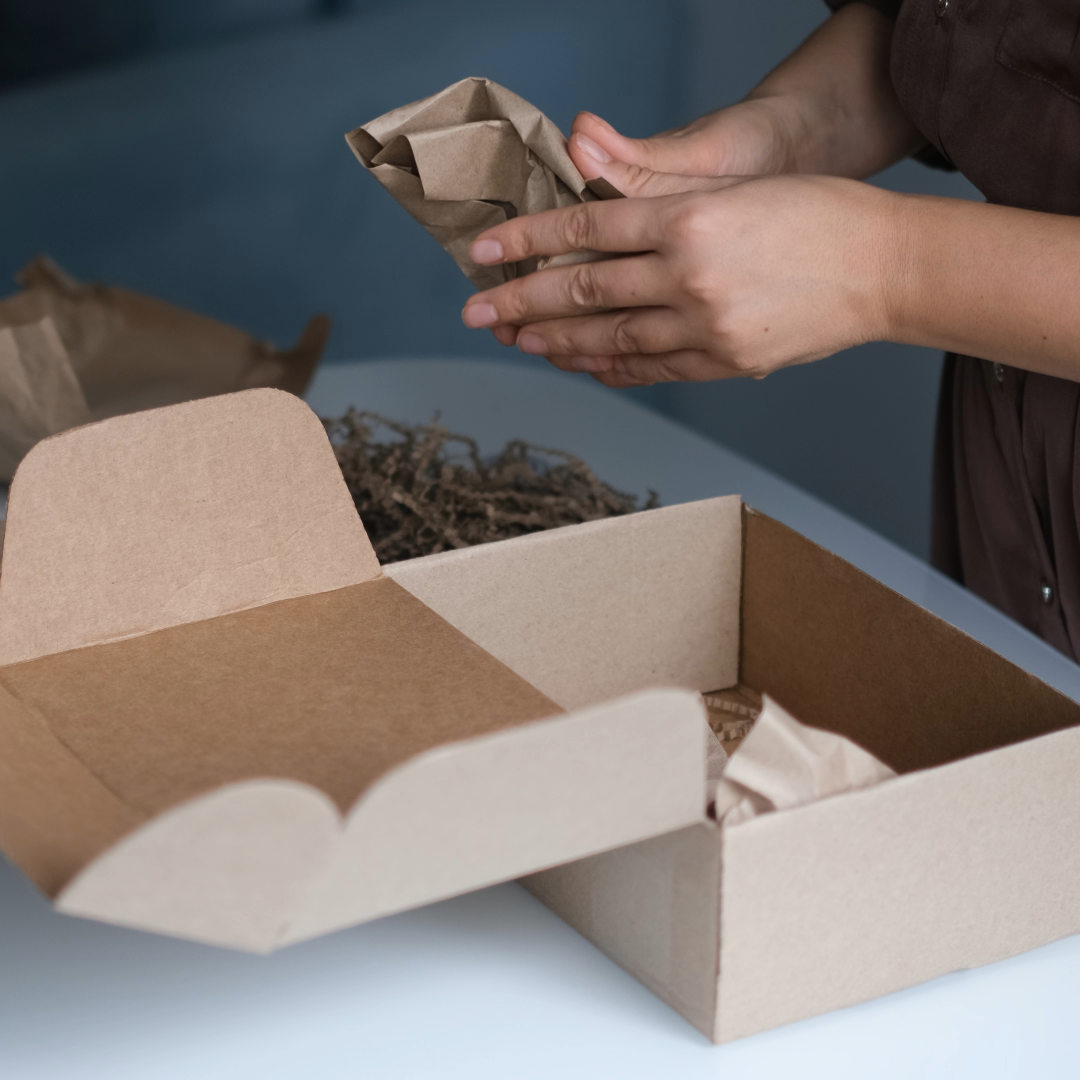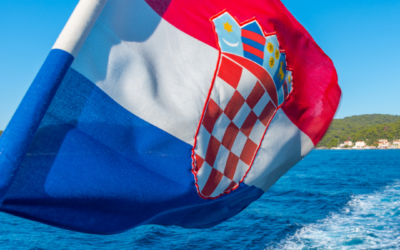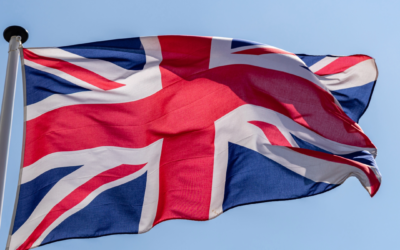Eco-Fee Modulation: What's behind the EU subsidisation of packaging




Eco-fee modulation may sound complicated, but it can have a positive impact on your packaging licence costs in various European countries. In addition to the obvious advantages in terms of environmental protection and marketing, sustainably designed packaging is also becoming more interesting because there are increasing political efforts to promote this type of packaging. An important instrument in this context is eco-fee modulation, which is part of the circular economy policy at both national and European level. In this article, we show you exactly what this is all about and how you can benefit from it.
Briefly explained: This is the Eco-Fee Modulation
Eco-Fee Modulation is an instrument to promote the European circular economy. It is intended to incentivise companies to increase the use of recyclable packaging. Some EU countries are already using it to differentiate the licence or recycling costs in their respective EPR systems.
Specifically, modulation aims to incentivise the development of sustainable packaging designs by differentiating the licence fees for sales packaging. In short, companies that use environmentally friendly packaging pay lower licence fees to the EPR systems and thus save costs. On the other hand, packaging that does not fulfil the requirements of eco-modulation is taxed more heavily and is therefore more expensive. This approach is an important step towards an environmentally conscious economic policy that promotes ecological sustainability.
Packaging licensing in Europe
In the European Union, the Packaging Directive requires companies that put packaging into circulation to ensure its disposal. This principle is known as extended producer responsibility (EPR). However, the specific requirements and obligations vary from country to country, as each country has developed its own laws to implement the EU directive. However, the basic principle remains the same everywhere: companies that put packaging into circulation pay a licence fee to an EPR system that is responsible for the collection, sorting and recycling of packaging waste.
In Germany, for example, companies fulfil their obligations by registering and reporting data in the LUCID packaging register and licensing their packaging with a dual system such as Interseroh+ via Lizenzero. Do you ship to the EU? With our licensing service, we can easily fulfil all your obligations per country for you!
Eco-fee modulation in practice
The standardisation of the eco-fee at European level is a desired goal, but implementation currently varies greatly from country to country. While certain materials are already taxed in some countries, others have not yet introduced eco-fees. Incentive models in the form of eco-fee modulation have already been introduced in France, the Netherlands, Belgium and Finland. However, the exact structure varies from country to country.
In principle, however, the recyclability of packaging, on which the eco-fee is based, is orientated towards the following criteria:
- Sortability and separability
- Source material (paper, plastic, metal, glass)
- Residual emptiability
- Contaminants in the material
Lizenzero.eu helps
Do you ship to different EU countries? We take care of your packaging licensing! On top of that, we can also check for you whether the design of your packaging meets the requirements of Eco-Fee modulation in your target markets. If the design of the packaging does not yet meet the Eco-Fee requirements, we can also support you in adapting your packaging to the standards on request.

LIZENZERO.EU makes packaging compliance in Europe very easy.
Do you ship your products to different countries in the EU? Many different legal requirements and obligations can make the whole thing quite complicated – but don’t worry, we’ll do it for you. How do we do it? With our licensing service, we take over all obligations for you by power of attorney. Sounds good? We’ll be happy to advise you.
For shipping to Germany, you can easily fulfill your packaging obligations yourself via Lizenzero.de.
EPR in Croatia: What exporters need to know
If you’re selling or shipping products to Croatia, there’s one topic you can’t ignore: Extended Producer Responsibility (EPR). This regulation requires companies to take responsibility for the entire lifecycle of their products. And it’s not just aimed at businesses based in Croatia – EPR also applies to exporters from the EU and abroad.
EPR in Switzerland – Recycling for businesses
Clear EPR obligations already apply in many European countries. Manufacturers and retailers are responsible for the entire life cycle of their packaging and must register with the relevant national systems and pay licence fees. But what is the situation in Switzerland?
EPR UK: current obligations for retailers in relation to packaging
Extended Producer Responsibility (EPR) is a European regulation that makes manufacturers, importers and companies responsible for the life cycle of their products and packaging in accordance with the polluter-pays principle. EU countries can interpret the EPR regulations differently, which is why your obligations may vary from country to country. If you are shipping goods to the UK, you should therefore familiarize yourself with the exact regulations in the country in advance in order to avoid sanctions and be compliant. In the following article, we will give you an overview of the current EPR obligations in the UK and take a look at upcoming changes.




